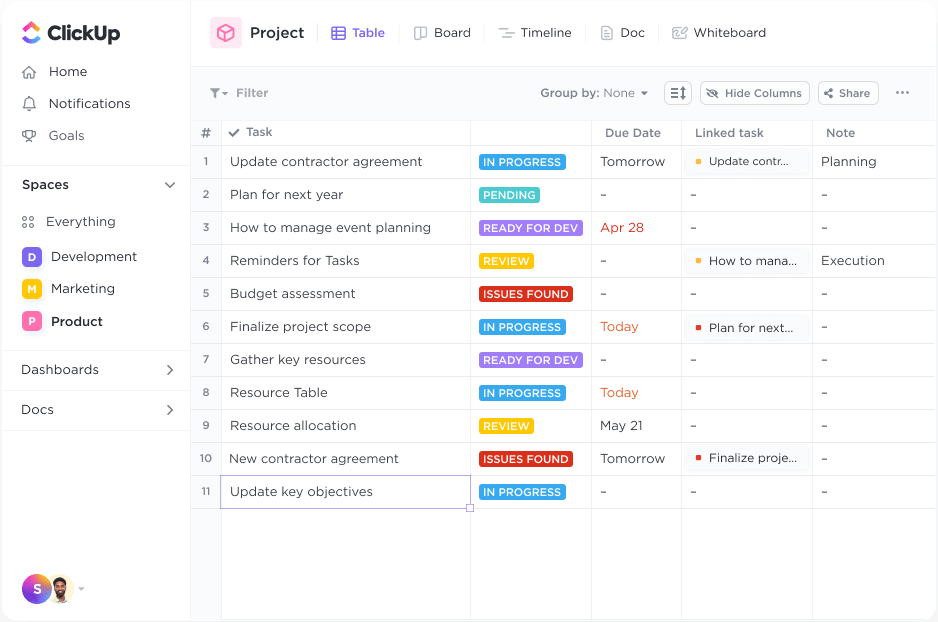5 Ways to Link Excel Sheets for Efficient Data Management

Mastering the art of linking Excel sheets is crucial for businesses and analysts dealing with vast datasets. By linking, you can streamline your workflow, reduce errors, and ensure that all related data remains up-to-date across multiple sheets. Here are five detailed methods to achieve this:
1. Using External References

Linking sheets via external references, or external workbook references, allows you to import data from one Excel file into another. This method is ideal for teams collaborating across different files.
- How to Set Up: Use the syntax [=SheetName!A1] where ‘SheetName’ is the source sheet’s name, and ‘A1’ is the specific cell you’re referencing.
- Example: If you’re working on ‘Project Tracker.xls’ and need data from ‘Task List.xls’, type =‘[Task List.xls]Sheet1’!B2 in the appropriate cell.
- Benefits: You can update your workbook with real-time changes from the source file.
📚 Note: When linking to external files, ensure that the path to the file doesn’t change, or else the link will break. Always keep source files in a stable location or consider using relative paths.
2. Using Defined Names

Defined names in Excel allow you to reference ranges of cells with a descriptive name, making your formulas clearer and more manageable.
- Creating Defined Names: Go to Formulas > Define Name, enter your name, and select the cell or range.
- Using Defined Names in Links: Replace the cell reference with the defined name in your linking formula.
- Advantages: Formulas are more readable, and updates to the named ranges are automatically reflected.
3. Power Query (Get & Transform)

Power Query is a robust data preparation tool built into Excel, perfect for linking and manipulating data from multiple sources.
- Importing Data: From the Data tab, select ‘Get Data’ and choose the source (e.g., another Excel file, a database, or a web source).
- Editing Queries: Use the Query Editor to clean, transform, and merge data. This also supports dynamic updating of linked data.
- Benefits: Automate data linkage, reduce manual effort, and maintain data consistency.
⚙️ Note: Power Query can handle multiple data sources; learn to use Merge and Append queries for more complex data linking scenarios.
4. VBA for Dynamic Linking

VBA (Visual Basic for Applications) allows for dynamic data linking with customizable scripts tailored to your specific needs.
- Creating VBA Scripts: Access the VBA editor via Alt+F11, write a macro to handle data linking.
- Example Script: Create a macro to open and extract data from other workbooks.
- Advantages: Automate repetitive tasks, customize linking behavior, and maintain data integrity.
5. Using Hyperlinks

Hyperlinks in Excel enable quick navigation between sheets or files, fostering an intuitive user experience.
- Creating Hyperlinks: Use the ‘Insert’ tab to create a hyperlink or type a formula like =HYPERLINK(“link_to_file”#, “Link Text”).
- Navigating Between Sheets: Hyperlink a cell to link to another sheet within the same workbook or to an external file.
- Benefits: Provides a user-friendly way to access related data, enhancing usability.
In summary, these methods provide various ways to link Excel sheets, each catering to different needs. External references work well for static data updates, defined names offer clarity in formulas, Power Query automates data transformation, VBA scripts provide extensive customization, and hyperlinks ease navigation. Understanding these techniques can significantly boost efficiency in data management and analysis. It's vital to select the method that best aligns with your workflow and data structure for optimal results.
How do I ensure that my linked data doesn’t get out of sync?

+
Regularly check the source files for changes, use version control if possible, and consider setting up alerts or using automation tools to update links automatically.
Can I link data from Excel to other applications?

+
Yes, Excel supports data linking through ODBC, OLE DB, Power Query, and various APIs, allowing integration with databases, web services, and other data sources.
What should I do if my linked external references keep breaking?

+
Ensure that the file path to the source workbook remains constant, use relative paths, and consider using Excel’s file recovery options to repair broken links.